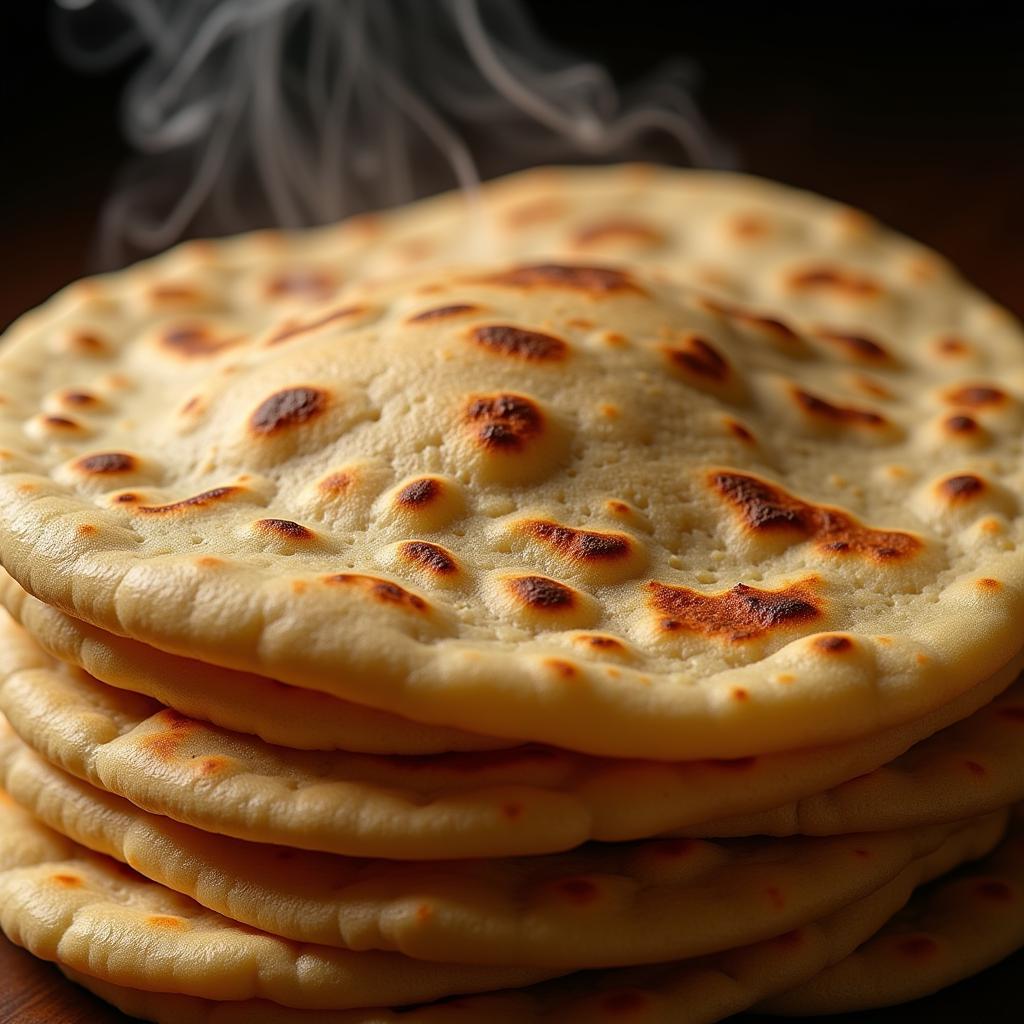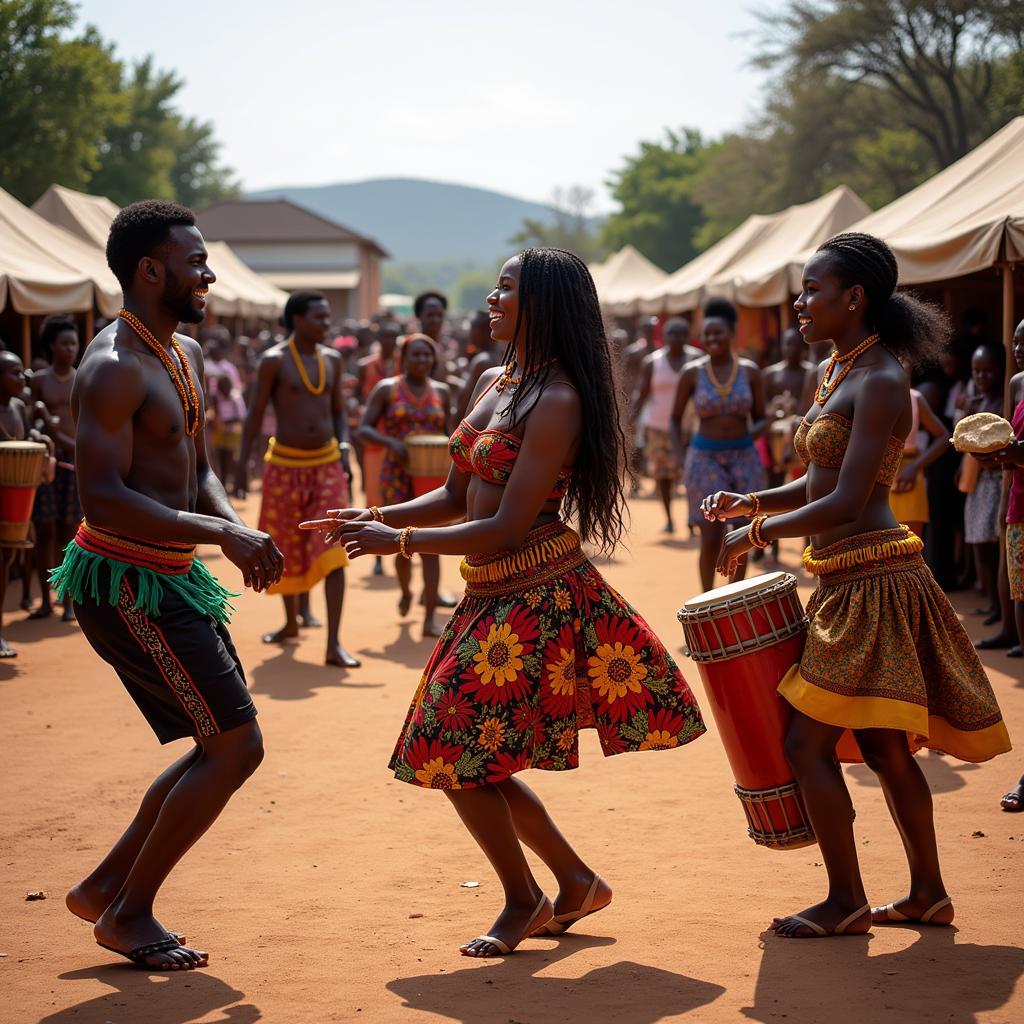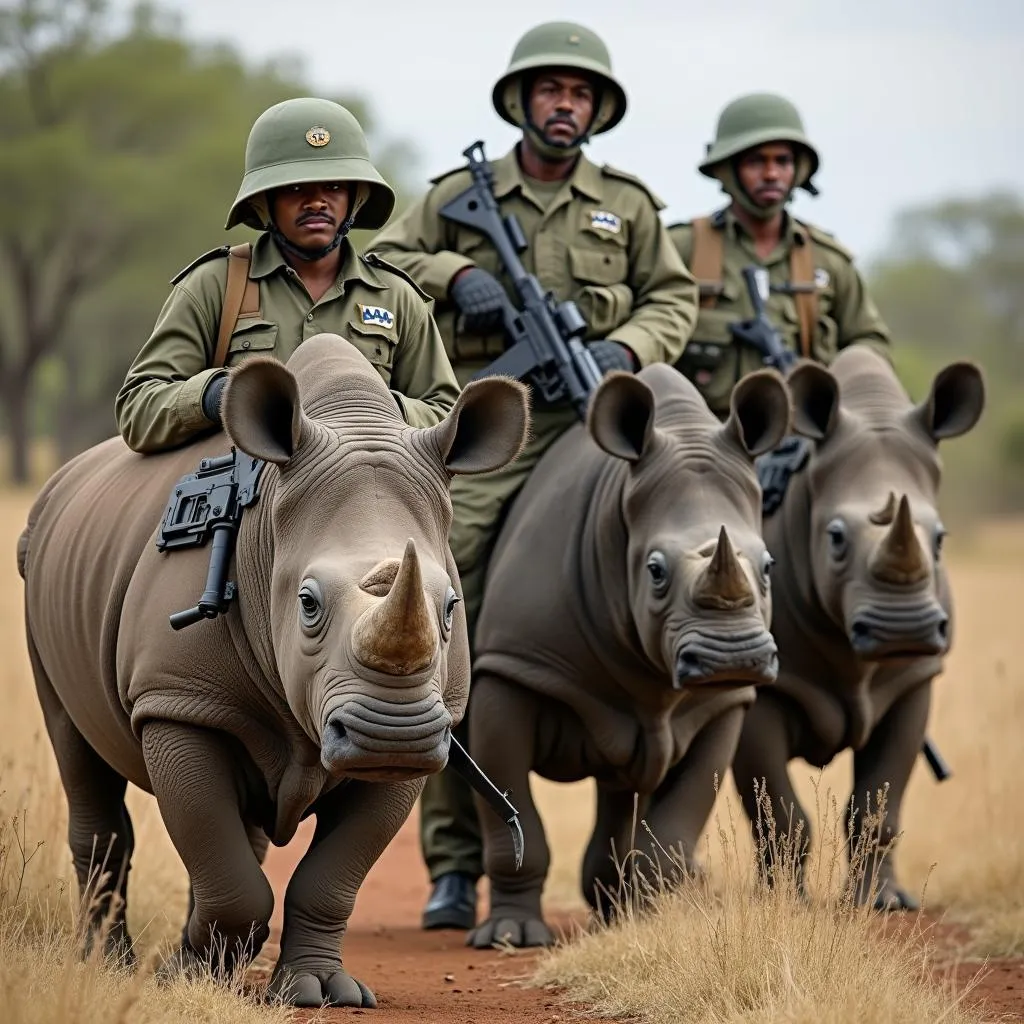African Countries That Allow Gay Marriage
Navigating the legal landscape surrounding same-sex marriage in Africa can be complex. While many African nations uphold traditional views on marriage, a growing conversation around LGBTQ+ rights is emerging. This article explores the current status of African Countries That Allow Gay Marriage, highlighting the social and legal context surrounding this evolving issue.
South Africa: A Pioneer for LGBTQ+ Rights
South Africa stands as a beacon of progress on the African continent, being the only nation currently recognizing same-sex marriage. The Civil Union Act, legalized in 2006, grants same-sex couples the same legal rights and protections as heterosexual couples. This landmark legislation marked a significant victory for LGBTQ+ rights activists and solidified South Africa’s position as a leader in promoting equality and inclusion. The law has had a profound impact, allowing same-sex couples to formally build families, access joint benefits, and enjoy the legal protections afforded to all married couples.
This legal recognition, however, didn’t happen overnight. Years of activism and legal battles preceded the Civil Union Act, highlighting the deep-seated social and cultural shifts required to achieve such progress.
Challenges and Progress in Other African Countries
While South Africa celebrates the successes of its progressive legislation, many other African nations still criminalize same-sex relationships. These laws, often rooted in colonial-era legislation and reinforced by religious and cultural beliefs, pose significant challenges for LGBTQ+ individuals. From social stigma and discrimination to legal persecution and violence, the reality for many LGBTQ+ Africans remains precarious. However, even in these challenging contexts, pockets of activism and advocacy are emerging, pushing for greater recognition of human rights and challenging discriminatory laws.
Several countries have decriminalized homosexuality, taking a crucial step toward greater equality. While this doesn’t equate to legalizing same-sex marriage, it signifies a shift in societal attitudes and legal frameworks. These steps, though incremental, are crucial for creating a more inclusive and just society.
What is the Future of Same-Sex Marriage in Africa?
The future of same-sex marriage in Africa remains uncertain, with complex social, cultural, and political factors at play. While progress has been slow, the ongoing dialogue and increasing visibility of LGBTQ+ issues offer a glimmer of hope. As conversations continue and activists persist in their fight for equality, it is plausible that other African nations may follow South Africa’s lead in embracing marriage equality.
What are the common legal barriers to same-sex marriage in Africa?
Many African countries have laws explicitly prohibiting same-sex marriage, often based on interpretations of religious texts or traditional customs. These laws can range from denying marriage licenses to criminalizing same-sex relationships altogether.
How do cultural and religious beliefs influence views on same-sex marriage in Africa?
Cultural and religious beliefs play a significant role in shaping attitudes towards same-sex marriage in Africa. In many communities, traditional views of marriage are deeply ingrained, and these beliefs can influence legal frameworks and social perceptions.
“The fight for LGBTQ+ rights in Africa is a marathon, not a sprint,” says Dr. Adebayo Olufemi, a prominent human rights advocate based in Nigeria. “While the challenges are immense, the unwavering determination of activists and the gradual shift in societal attitudes give us reason to remain optimistic.”
Conclusion
While South Africa currently stands alone in recognizing same-sex marriage on the African continent, the landscape of LGBTQ+ rights is constantly evolving. Understanding the current legal framework and the complex social and cultural context surrounding this issue is essential. As the conversation continues and activists persevere, there is hope for continued progress towards greater equality and inclusion for LGBTQ+ individuals across Africa.
FAQ
- Which African country allows gay marriage? South Africa.
- When was same-sex marriage legalized in South Africa? 2006.
- What are some of the challenges facing LGBTQ+ individuals in Africa? Discrimination, legal persecution, and social stigma.
- Are there any ongoing efforts to promote LGBTQ+ rights in Africa? Yes, there are numerous activist groups and organizations working to advocate for change.
- What is the likelihood of other African countries legalizing same-sex marriage? While uncertain, the increasing visibility and discussion surrounding LGBTQ+ rights offer hope for future progress.
- What legal protections are afforded to same-sex couples in South Africa? The same legal rights and protections as heterosexual couples.
- Where can I find more information about LGBTQ+ rights in Africa? Numerous online resources and organizations provide valuable information on this topic.
“The path to equality may be long and arduous, but it’s a journey worth undertaking,” adds Dr. Fatima Mbaye, a Senegalese sociologist specializing in gender and sexuality studies. “Each step forward, however small, represents a victory for human rights and dignity.”
Are you interested in learning more about African culture and traditions? Explore other articles on our website related to African history, art, music, and contemporary social issues.
When you need support, please contact us via Phone: +255768904061, Email: kaka.mag@gmail.com, or visit us at Mbarali DC Mawindi, Kangaga, Tanzania. We have a 24/7 customer support team.



